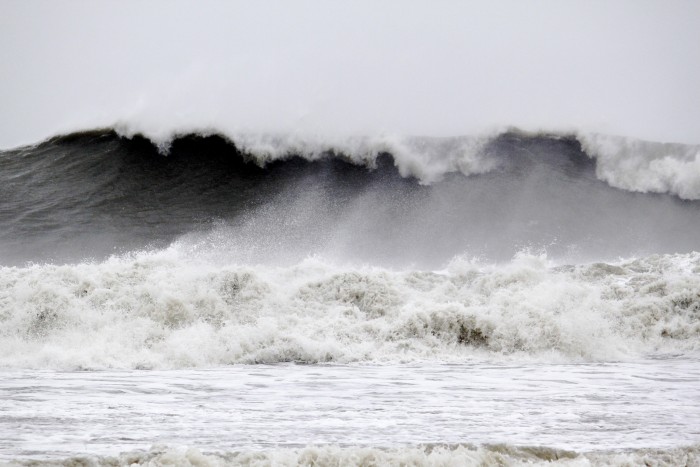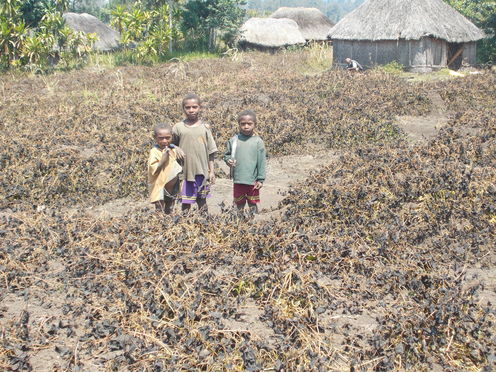The latest Environment and Society featured article is now available! This month’s article—”Climate Change Resilience and Adaptation: Perspectives from a Century of Water Resources Development”—comes from Volume 1 (2010). In their articles, Clive Agnew and Philip Woodhouse identify parallels between the problem of adaptive management presented by climate change and an earlier “global water crisis.” The article explores how adaptive strategies have successively emphasized three different principles, based on science, economics, and politics/institutions
Visit the featured article page to download your copy of the article today before it’s gone! A new article is featured every month.



